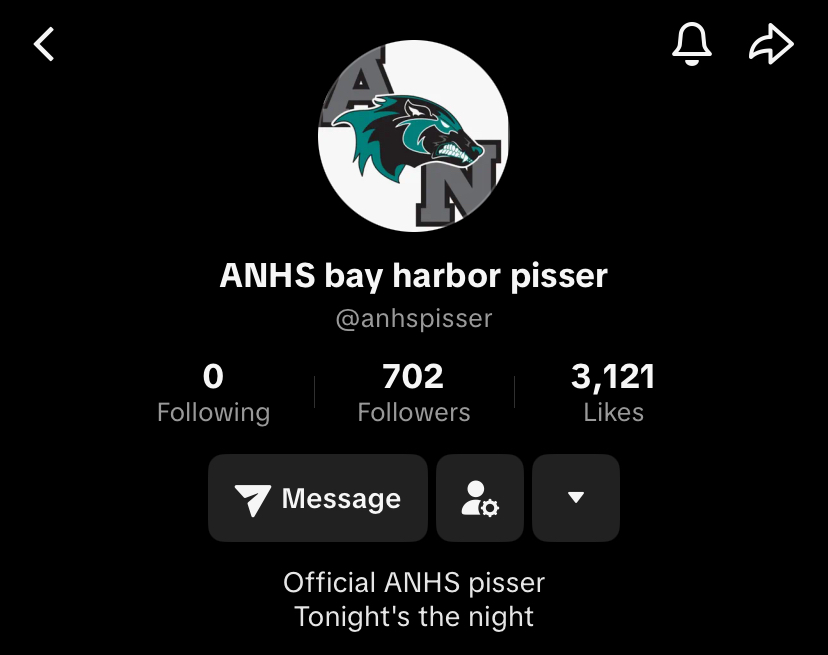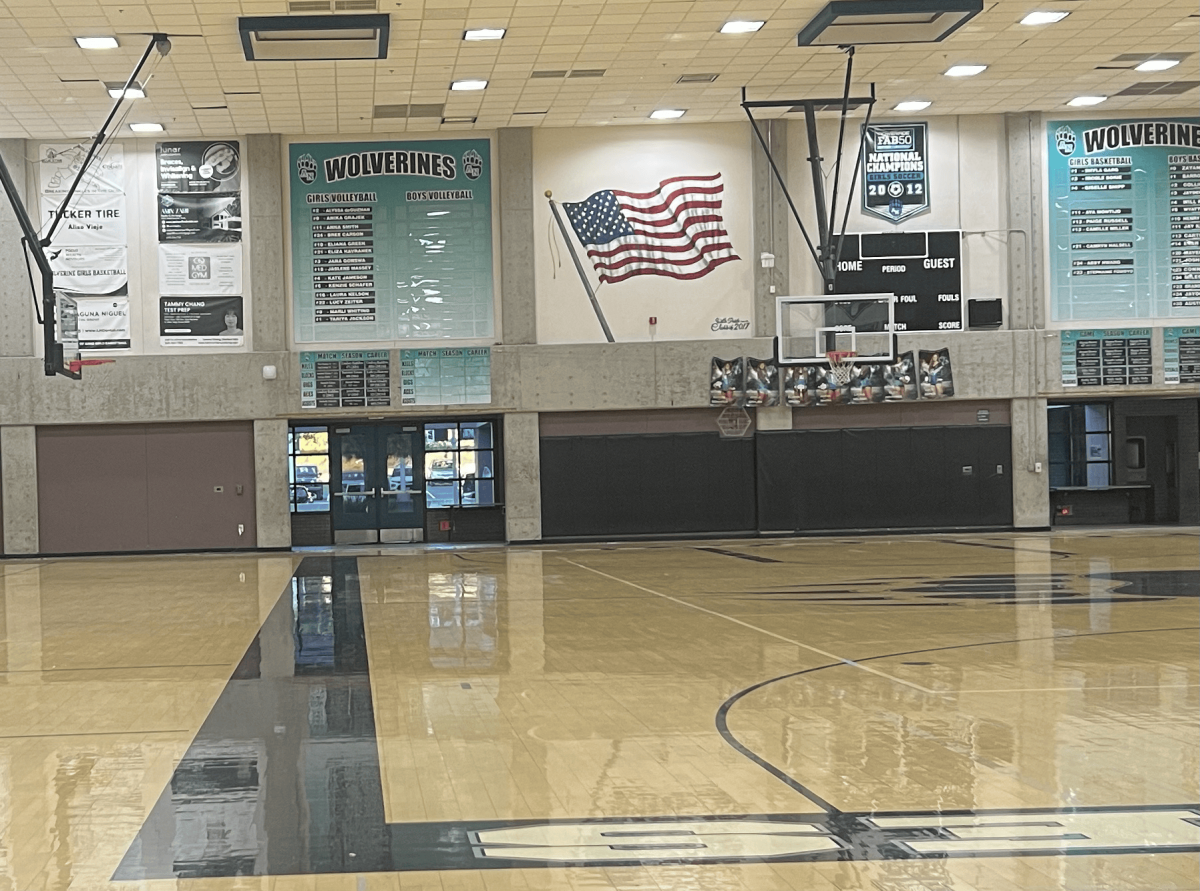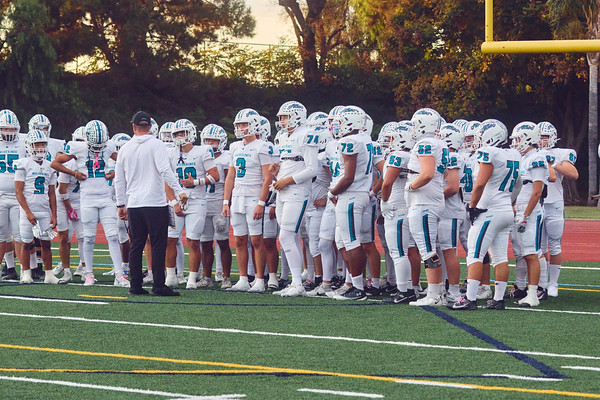During the month of February, all current freshmen, sophomores, and juniors will meet with their counselors to talk about the classes they are planning to take next school year. The most common topic of discussion is whether they are interested in taking honors classes or regular classes.
In recent years, the number of students who opt to level down from honors or AP classes to regular classes has increased. This year, the counselors have implemented a procedure stating that before leveling down from an honors or regular class, you must have been in the advanced class for at least a month, and the grade you have in that class will transfer to the new class.
To prevent students from dropping classes, teachers are sending their recommendations and talking to students about the best course of action for their academic careers.
English teacher Mrs. Anderson says, “It can be challenging having discussions with students about whether we think it’s in their best interest to level down the next year, but knowing it will set them up for success later in their academic careers is comforting.”
When teachers make recommendations about which classes their students should take, there are myriad factors to consider. However, all departments look at the level of self-motivation and self-advocacy a student displays when making their recommendations. Students who fall under that category will typically do very well in more rigorous classes. However, there are specific qualities in each department that teachers typically look for.
In the English department, the biggest difference between the three types of classes is the intensity of analysis. In regular English courses, analysis is typically done superficially, while honors and AP classes take a deeper dive into literary elements. Additionally, the number of books read and projects done increases as the level of class increases. To ensure success in higher-level English classes, some teachers have created step-by-step guides to help students analyze passages.
The Math department typically bases its recommendations on those they believe to have a deep understanding of mathematical concepts already. Honors math classes go much deeper into theoretical math concepts and go at a rapid pace. Additionally, the workload is considerably heavier in AP and Honors math classes in comparison to the workload in AP and Honors English classes. One adjustment a student would have to make when transitioning levels is the amount of study time required. Typically, study guides in regular classes are very similar to the tests in those classes, while in honors classes, the tests could be completely different.
The differences between Honors and AP science classes are very similar to the differences in math classes. Much like math, everything learned is at a quicker pace and typically expanded upon. For example, AP and Honors Chemistry both have two additional units compared to CP Chemistry.
Mrs. Riddle and Ms. Zhou, chemistry teachers, believe, “The biggest challenge Honors Chemistry students will face is the pacing. If you allow yourself to get behind, it’s very difficult to catch up. But we offer multiple Wolverine+ to help with this.”
Much like English, AP History classes are primarily based on analyzing specific historical events. Students also do a lot more writing to help them prepare for the AP exam at the end of the year. Another difference between AP and regular classes is the emphasis on primary sources. To better analyze a historical event, AP history teachers help students analyze works from that time period.
If students choose to take accelerated courses in any subject, ANHS offers multiple resources to help them. The best resource is going to a Wolverine+ and asking the teacher for help, but another good resource would be the NHS tutoring that happens every Wednesday from 3:15 pm to 4 pm.
The choice of what classes to take is ultimately the student’s responsibility. Regardless of your choice, your teachers, counselors, and fellow students are willing to help!

















